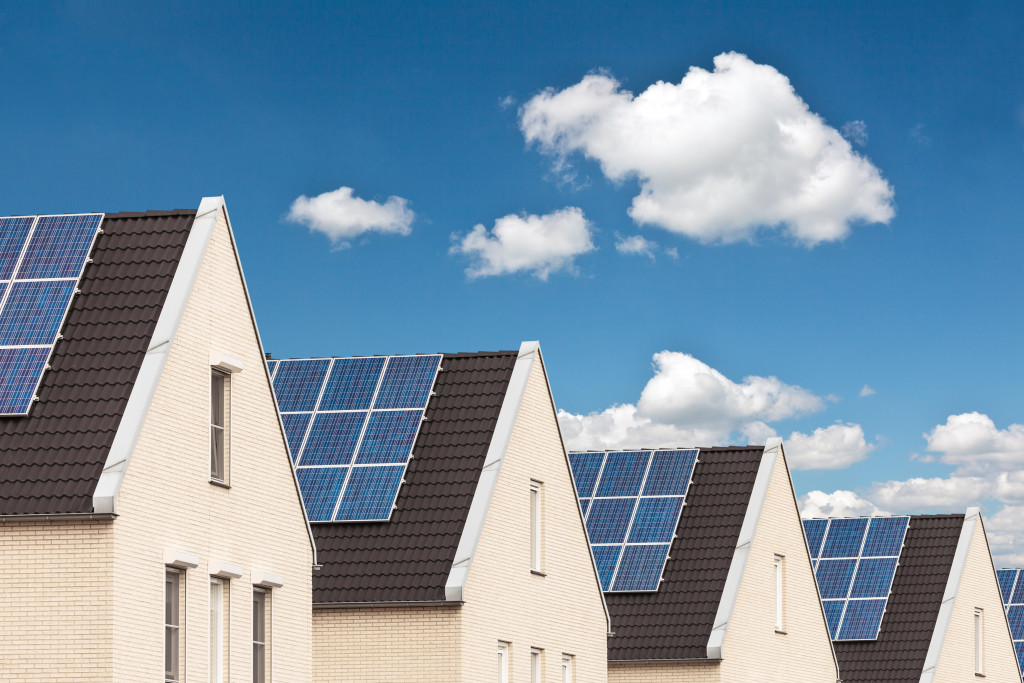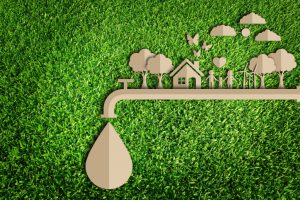With the current global emphasis on sustainability, it’s no surprise that sustainability has become a major factor in home construction. More and more builders and homeowners are looking for ways to make their homes more eco-friendly and sustainable. But what does that mean, exactly?
Sustainable building practices generally incorporate materials, resources, and techniques to minimize environmental impact. This can include everything from using recycled or sustainable materials to incorporating solar panels or other renewable energy sources. In short, sustainable building is all about reducing the environmental impact of the construction and operation of a home.
Tips for Builders
There are many ways to make home construction more sustainable. Here are a few tips for builders who want to incorporate sustainability into their projects:
Reusing and Recycling Materials
- Use recycled or sustainable materials whenever possible. This includes using recycled custom steel fabrication to create structural components, bamboo or other sustainable wood for framing, and recycled glass for windows.
- Minimize the use of virgin materials. In some cases, avoiding using virgin materials altogether may not be possible. Still, builders should strive to use them as little as possible.
Minimize Waste During Construction
Ensure your workers are trained in proper waste management practices and have access to the necessary recycling facilities. You can minimize waste by incorporating the following:
- Store materials properly
- Use off-cuts and scraps wherever possible.
- Reuse packaging materials.
- Hire a recycling company to remove construction waste from the job site.
- Use the right size of construction equipment.
Use Energy-Efficient Materials and Techniques
Incorporate energy-efficient materials and techniques into the construction of the home. This can include using double-paned windows to insulate the home with sustainable insulation. You can also do the following:
- Install solar panels or other renewable energy sources.
- Use water-saving fixtures and appliances.
- Use LED lighting throughout the home.
- Install a whole-house fan to improve ventilation.
Save Water During Construction
Water is an important resource, so it’s important to conserve it whenever possible. Here are a few ways to save water during construction:
- Use drought-tolerant landscaping.
- Install low-flow toilets, shower heads, and faucets.
- Collect rainwater for use in irrigation.
- Install greywater systems to reuse water from showers, sinks, and washing machines.
Incorporating Sustainable Building Practices
There are many sustainable building practices that builders can incorporate into their projects. A few examples include the following:
- Use low-emitting paints, adhesives, and finishes throughout the home. These products emit fewer toxins into the air, making them healthier for occupants and the environment.
- Install formaldehyde-free insulation. Formaldehyde is a common indoor air pollutant that can harm human health.
- Use green-certified products. These products have been certified by an independent third party to meet certain environmental standards.

Tips for Homeowners
If you’re a homeowner looking to make your home more sustainable, you can do plenty of things. Here are a few tips.
Educate Yourself About Sustainability Practices
If you are still getting familiar with sustainable building practices, start by researching. The more you know about the subject, the easier it will be to incorporate sustainable practices into your home. If you know the builders for your home, you can ask them for suggestions on how to make it more sustainable.
Start with Small Changes
You don’t have to overhaul your home to make it more sustainable. Start with small changes and work your way up. For example, you could start by switching to energy-efficient lightbulbs or recycling more. Once you’ve made some small changes, you can implement more substantial sustainability practices.
Make Use of Renewable Energy Sources
If you can install solar panels or another renewable energy source, take advantage of it. You will reduce your reliance on fossil fuels and may also be eligible for government incentives.
Install Energy-Efficient Products
Whenever you need to replace an appliance, light fixture, or other product in your home, look for an energy-efficient option. These products use less energy, which is good for your wallet and the environment.
Educate Your Family and Friends About Sustainability Practices
The more people that know about sustainable building practices, the better; it’s better to talk to your family and friends about what you’re doing to make your home more sustainable and encourage them to do the same in their homes.
Advocate for Change in Your Community
If you want to see more sustainable community-building practices, start by speaking up. Contact your local representatives and let them know that you support sustainable development. You can also get involved with local planning and zoning boards to ensure that new construction projects incorporate sustainable practices.
In Summary
Homeowners and builders are looking for ways to make their homes more sustainable. And there’s a good reason: sustainability has several benefits for homeowners and the environment. Whatever steps you take, large or small, you’ll play a part in ensuring our planet’s bright future!






